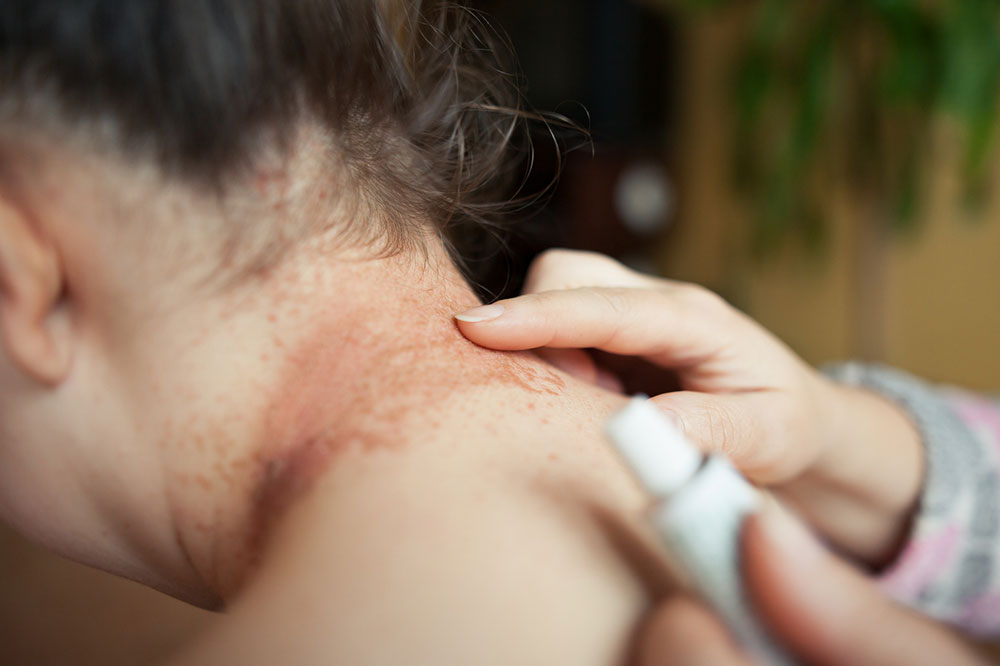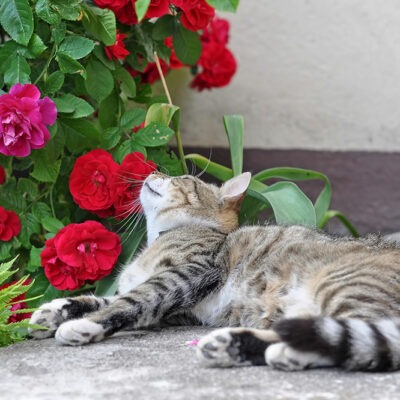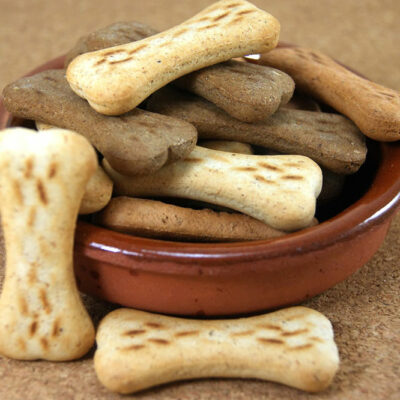
Best and Worst Climates for Eczema
Eczema, also called atopic dermatitis, is a condition that causes dry, itchy, or scaly skin. This could be due to an allergy and may be accompanied by hay fever or asthma. The condition can cause skin breaks releasing fluid. It is a troublesome disease that can be worsened by certain factors.
Climate can affect eczema, with some climate types being favorable and the others causing adverse effects. The article explains the best and worst climates for eczema.
How does weather affect eczema?
The skin on our body defends us from pathogens and other harmful substances. Eczema weakens the skin and makes it dry, and it can be affected easily by changes in the weather.
Weather can have different effects on eczema patients. It may vary from person to person and depends on the patient. The following are some types of weather that can impact eczema.
1. Hot and humid weather
Some people experience relief from eczema in hot and humid conditions, while others find their symptoms aggravated. They can experience prickly heat due to sweating. People staying in hot weather must try to remain cool by wearing light clothes and staying indoors as much as possible. One can also go for a swim to ward off the heat. However, eczema patients can be allergic to chlorine. So it is important to shower immediately after swimming and pat dry before applying a lotion.
2. Cold and dry weather
Although a few people face fewer problems during winter, it is generally the worst time for eczema patients. During winter, the skin dries up, and the cold worsens symptoms. So it is essential to moisturize the skin on the hands, face, and legs to prevent skin from drying. Also, woolen clothes may trigger allergic symptoms and may need to be avoided. Besides, indoor allergens like dander and dust mites can also worsen the condition.
3. Heat with low humidity
Some areas can be hot, with humidity being low. This is the best climate for eczema patients. The warm heat can be comfortable. The lack of humidity ensures there is no excess sweating, and the skin remains moisturized. However, care should be taken to avoid sweating too much in this type of weather. Using a moisturizing lotion is recommended when going out into the sun.
4. Mild climate
Places that have a mild climate are best for people with eczema. These are places where the weather is pleasant throughout the year. Such locations are unlikely to have extreme summers and winters.
The article listed out the best and worst climates for eczema. If one suffers from severe eczema and stays in an area with a bad climate, they should consider moving to another area.


